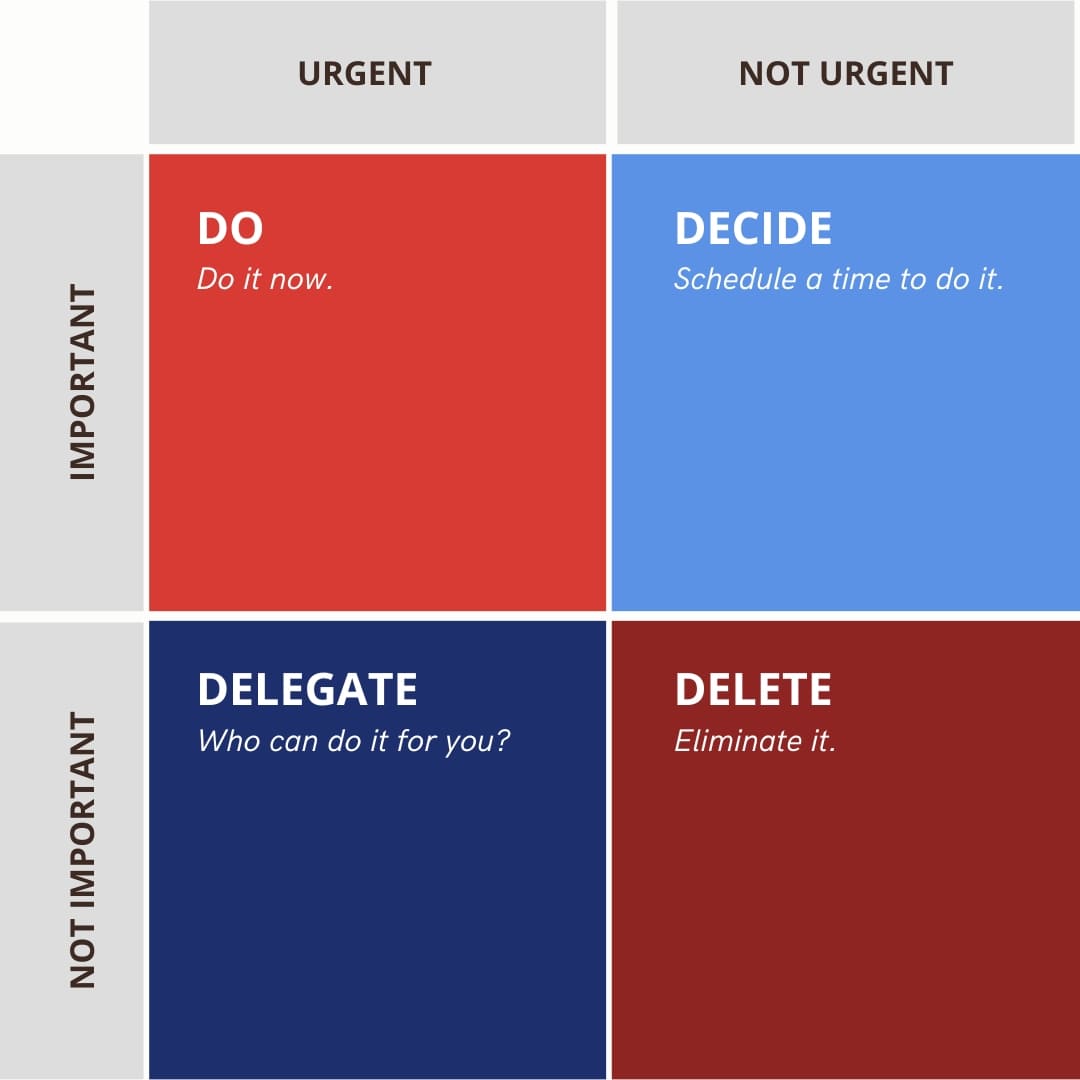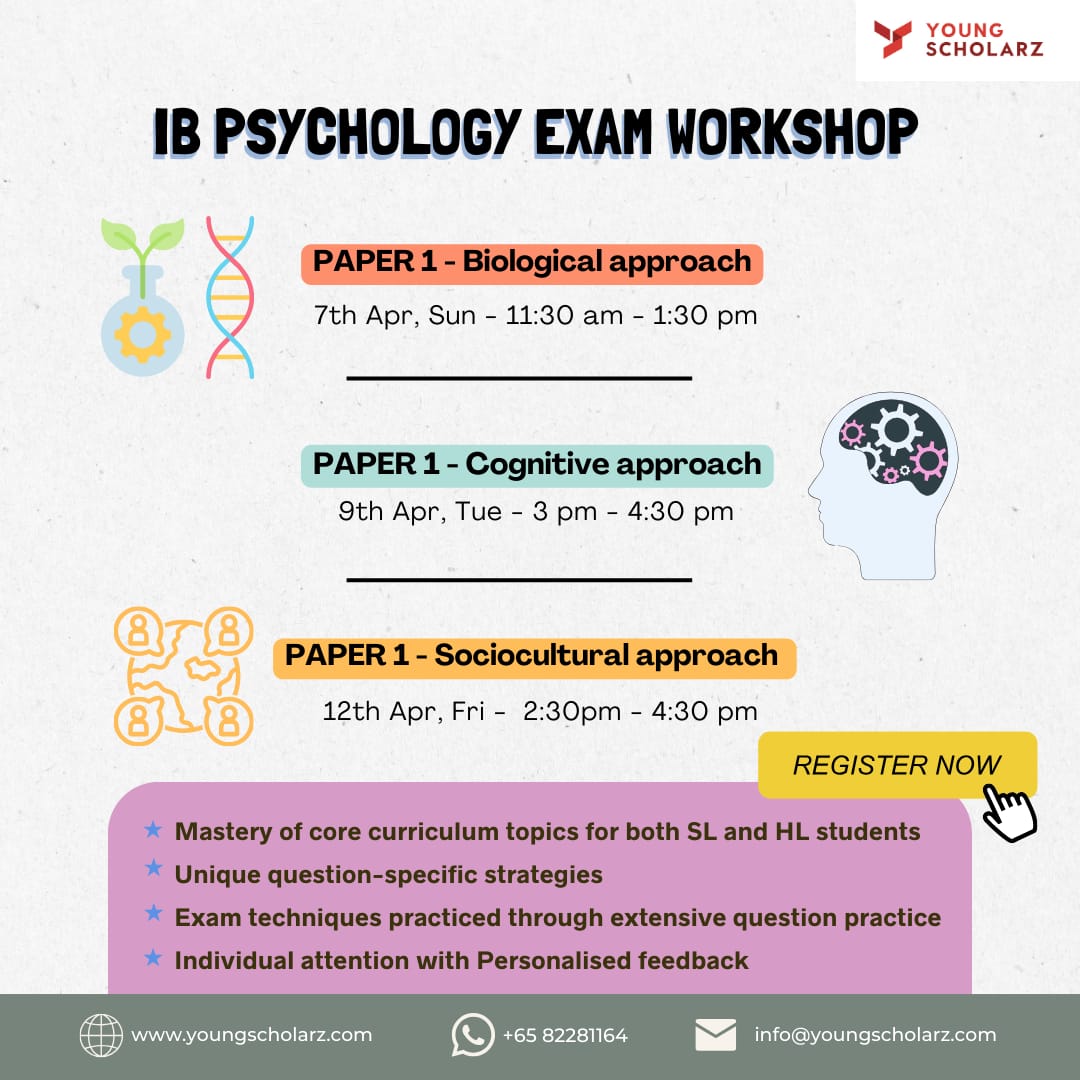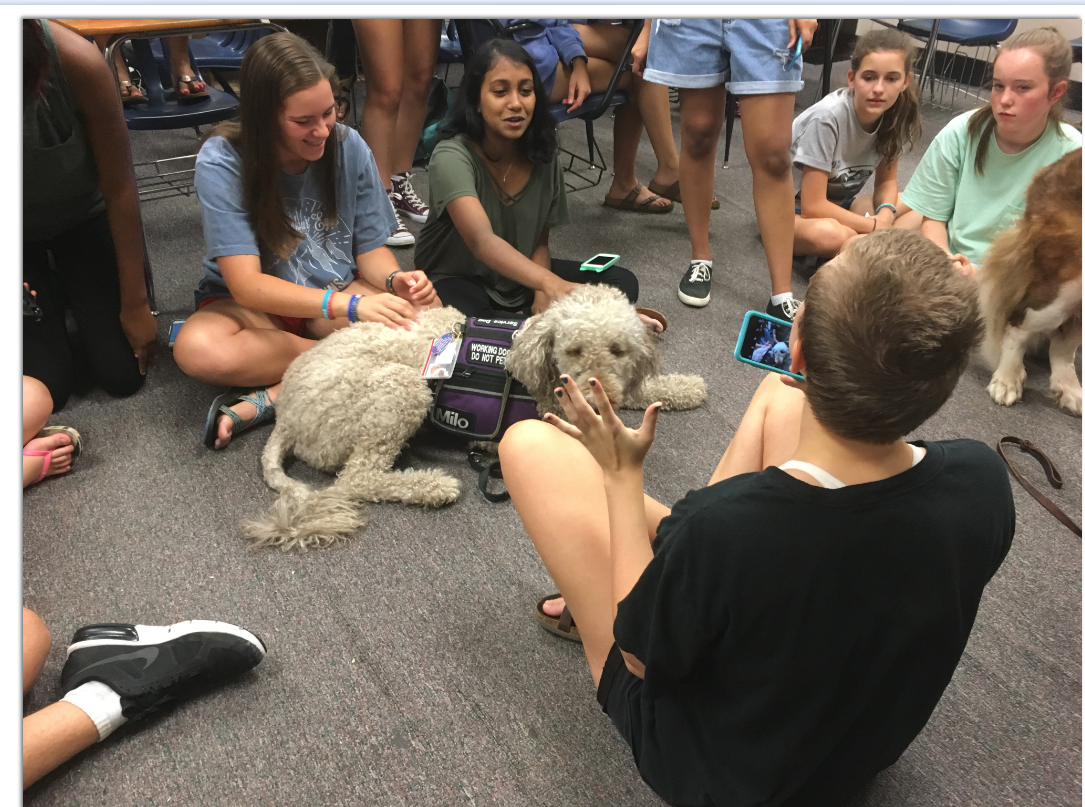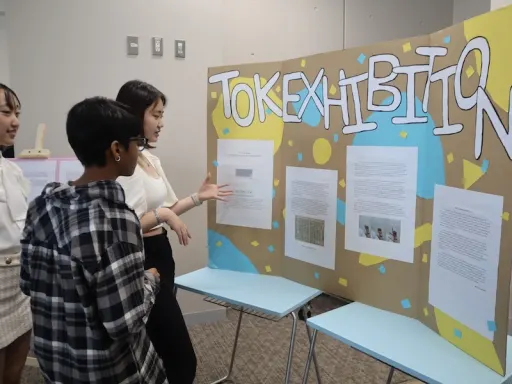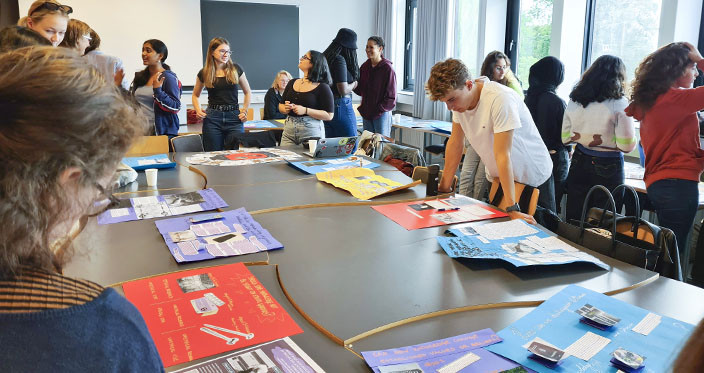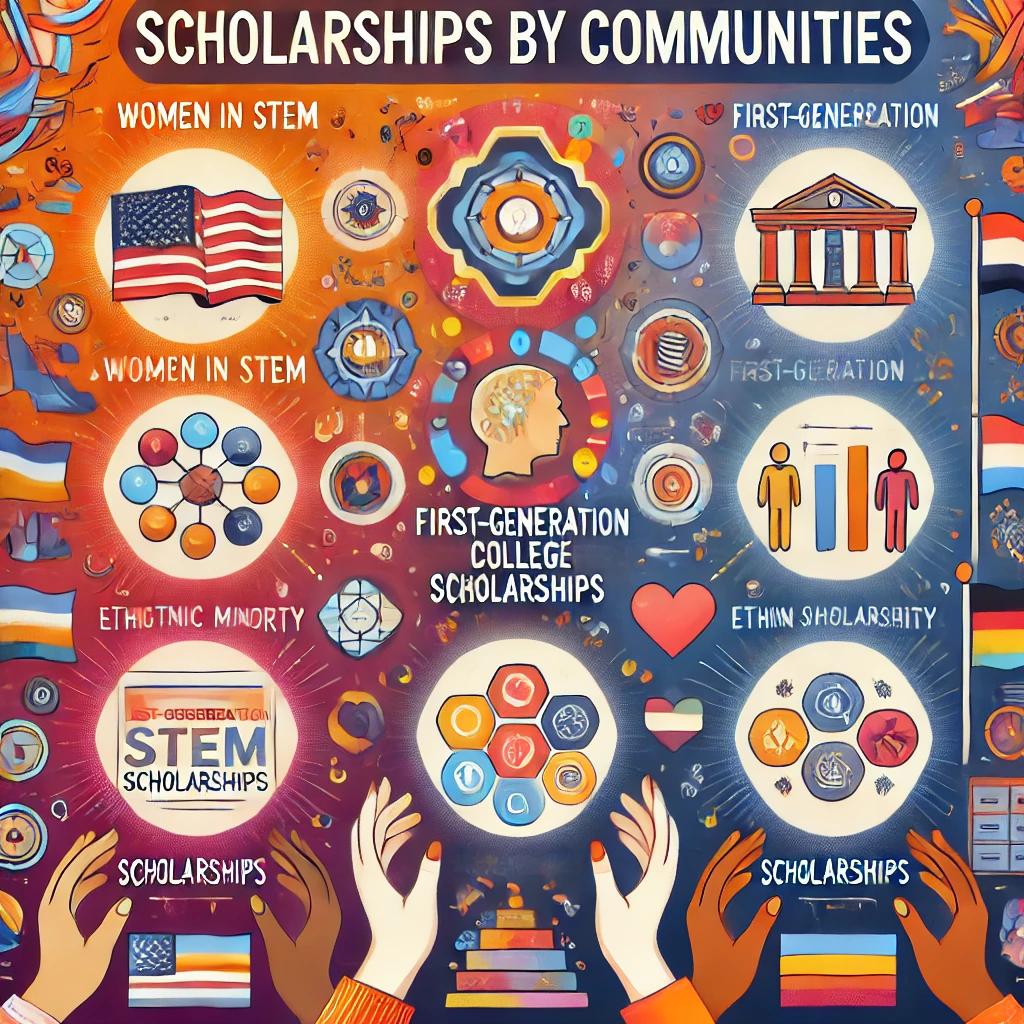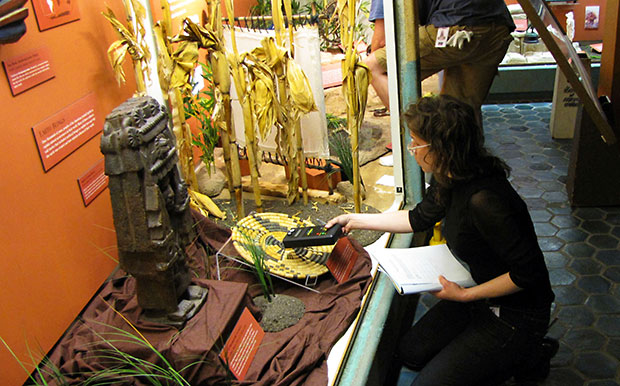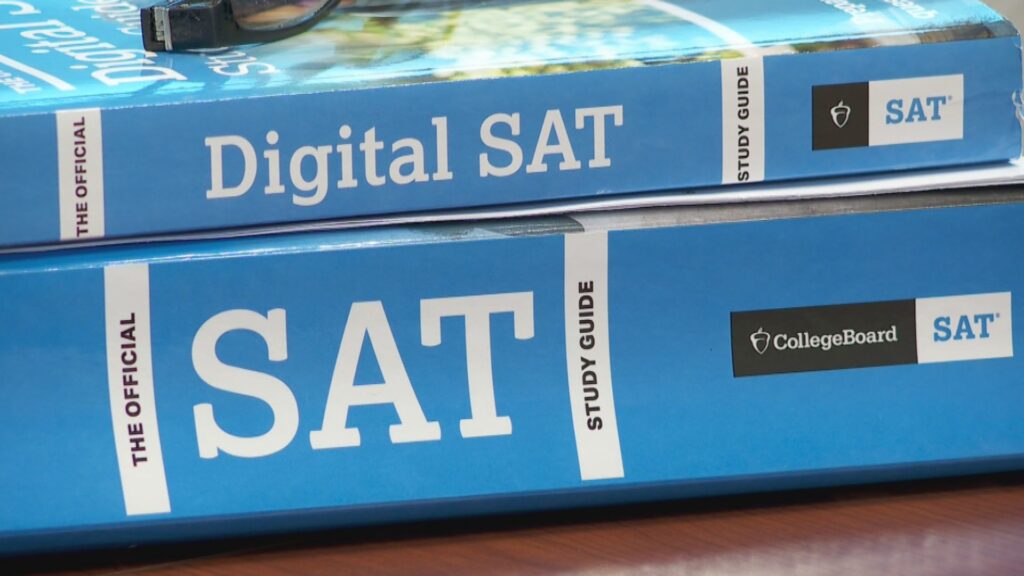This title is clickbait, and we’re guilty! But don’t be disheartened, we do offer courses on the much-coveted IB Extended Essay, but it’s definitely not a crash course. This blog post, however, is a crash-course on understanding the EE. So for beginners, this should be a helpful read if you’re new to the IBDP World.
As an IB Diploma student, the Extended Essay (EE) is a significant undertaking. It’s an independent research project that allows you to explore a topic of your choice in depth. While it can be challenging, the rewards are immense. It’s a great opportunity to develop your research, writing, and critical thinking skills.
In this blog post, we will provide you with 7 tips to help you navigate the EE process successfully.
But First,
What is the Extended Essay?
A core component of the International Baccalaureate (IB) Diploma Program – it’s designed to give students a taste of independent research and academic writing. Essentially, it’s a 4,000-word research paper on a topic of your choice within one of the subjects you’re studying.
Choosing the right topic is crucial. It should be something you’re passionate about and genuinely interested in exploring further. Trust me, you don’t want to be stuck with a topic that bores you to tears halfway through the process!
It helps you not just with your overall IBDP Score, but the sheer amount of reading, writing, editing, and reflecting helps you learn how to think and analyse information. Apart from these, it teaches you the importance of time management.
These are skills which run beyond academics and help further in life.
The Importance of the EE
The Extended Essay (EE) is key to the IB Diploma Programme (IBDP) score, contributing up to three points when combined with the Theory of Knowledge (TOK) assessment. A strong EE score can elevate a student’s overall IB results, providing a valuable boost for achieving a higher diploma score. This can be especially impactful for meeting university requirements or standing out in competitive admissions.
What Role does the EE Play in University Applications:
The Extended Essay (EE) strengthens university applications by showcasing a student’s research, critical thinking, and writing skills. It reflects intellectual curiosity, discipline, and an ability to handle complex, independent projects—qualities valued in higher education. Through the EE, admissions officers gain insight into a student’s academic readiness and passion for learning, making it a valuable asset for demonstrating preparedness for the challenges of university-level study.
Here are a few tips which would help you get started:
1. Choose a Topic You Love—But Stay Focused
The first step to a great EE is selecting a topic that genuinely interests you. Think about it—you’ll be working on this paper for a long time, so you want to enjoy the process. Whether it’s exploring the environmental impacts of urbanisation or delving into the psychological aspects of memory, make sure your topic sparks curiosity in you first, before appealing to an examiner.
Having said that, keep in mind that your passion needs to be balanced with practicality. Your topic should be focused enough to allow you to explore it in depth, but not so niche that you struggle to find research material. For example, “The Effects of Climate Change on Urban Areas” could be narrowed to “The Impact of Rising Sea Levels on Coastal Cities.” A manageable, researchable topic will make the entire process smoother.
2. Start with a Strong Research Question
Your research question is the backbone of your essay—it guides your investigation and helps you stay on course. A good research question is concise, clear, and focused. Think of it as the GPS for your essay; without it, you risk veering off track.
For instance, instead of asking “What are the effects of social media on teenagers?” a more focused question would be, “How does social media usage affect self-esteem in teenagers in urban settings?” The narrower and more precise your question, the easier it will be to stay within the word limit and provide a well-rounded argument. Make sure that your title is not long-winded and is easy to read.
3. Work Closely with Your Advisor
One of the best resources available to you during the EE process is your advisor. They’re there to guide you, provide feedback, and keep you motivated. In fact, IB requires students to meet with their advisors at least three times throughout the process. These reflection sessions are crucial for staying on track.
A great advisor will challenge your ideas, push you to refine your research question, and ensure you’re producing your best work. It’s a collaborative effort, so don’t be afraid to ask questions or seek clarification if something isn’t clear. Choose an advisor who is familiar with your subject area and who you feel comfortable working with—it makes a world of difference.
Your advisor would most likely be a school teacher, but if you need extra guidance, you can always reach out to Young Scholarz and seek detailed, nuanced feedback while building your EE.
4. Build a Detailed Outline
When it comes to writing your EE, structure is your best friend. A well-structured essay is not only easier to write, but it also makes your argument more coherent and easier for examiners to follow. Break down your essay into sections and subsections, and include key points and evidence. Start with an introduction where you clearly state your research question and provide context for your investigation.
Next, your methodology section should outline how you’re approaching the research. Did you conduct interviews? Use existing literature? Rely on observational data? Make sure your methodology is clear so the examiner knows how you gathered and analysed your information.
In the main body of the essay, you’ll present your findings, analysis, and argument. Each paragraph should build logically on the previous one, with clear topic sentences that guide the reader through your points. And finally, your conclusion should wrap everything up neatly—no new information here, just a concise summary of your key points.
At Young Scholarz, we don’t just understand the importance of structure and planning, but we’ve heavily integrated it into our teaching methodology – BOUNCE™.
5. Be Critical and Analytical, Not Just Descriptive
One common mistake students make is being too descriptive in their essays. Remember, the IB values critical thinking, so don’t just tell your readers what you found—tell them why it matters. This is where your analytical skills come in.
For example, if your EE is on the topic of renewable energy sources, don’t just describe the benefits of solar power. Dig deeper and ask questions like, “What are the economic barriers preventing widespread adoption of solar energy in developing countries?” or “How does government policy impact the use of renewable resources in rural areas?” This kind of analysis will showcase your ability to think critically and make connections between different pieces of information.
Also focus on quality rather than quantity. The quality of your EE depends heavily on the quality of your research. Utilise a variety of sources, including books, articles, websites, and primary sources. Make sure that you evaluate the credibility of your sources and cite them properly.
6. Don’t Underestimate the Power of Editing
Once you’ve written your first draft, the real work begins. Editing is not just about fixing typos or grammar mistakes—it’s about refining your argument, ensuring clarity, and making sure your essay flows logically from one section to the next.
Set aside time to revise multiple drafts, and don’t be afraid to make significant changes if necessary. If something isn’t working, now’s the time to fix it. Consider asking a friend, family member, or even a classmate to read your essay and give feedback. Sometimes, a fresh pair of eyes can catch things you’ve overlooked. Remember, the IB examiner will read your essay with fresh eyes, so it’s important that your ideas are communicated clearly.
Here, too, we come in with detailed and helpful feedback. Have your papers checked by us so we can help you improve your errors and work up a great essay for the examiner to read.
Note: We don’t write EEs for you, but we definitely help you make it better!
7. Master the Art of Time Management
The Extended Essay is not a last-minute project. You’ve got two years to complete it, and the best way to avoid panic is to pace yourself. Break the EE down into manageable tasks: choose your topic, draft your research question, conduct research, write your introduction, and so on. Setting deadlines for each stage will prevent you from rushing through important sections.
Use tools like calendars, project management apps, or even a simple to-do list to keep track of your progress. By managing your time well, you’ll avoid the stress of cramming and ensure that each section of your essay gets the attention it deserves.
In conclusion,
the Extended Essay is a challenging but rewarding experience. It can seem intimidating at first glance, but with careful planning, a focused research question, and consistent effort, it can become one of the most rewarding projects of your academic journey. The EE is more than just a research paper—it’s an opportunity to explore a subject you’re passionate about, develop critical thinking skills, and prepare for future academic challenges.
So take a deep breath, dive into your research, and remember—you’ve got this! Happy writing!







